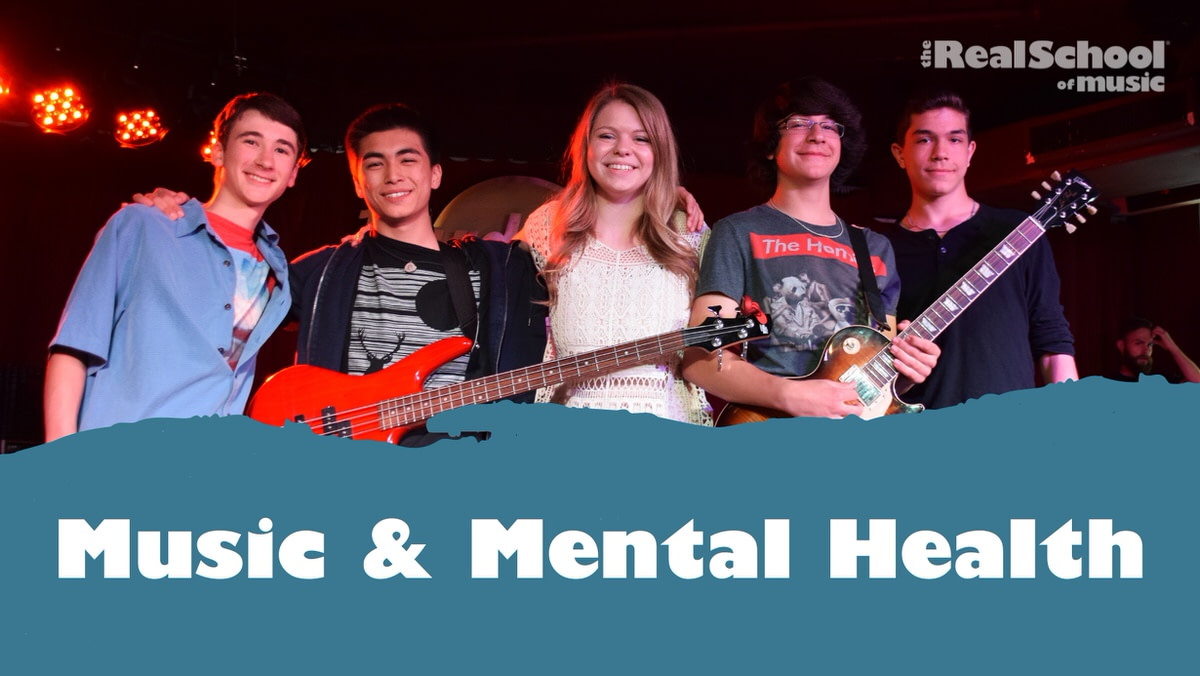Let’s talk about something near and dear to our hearts: how jamming out to our favorite tunes or strumming away on an instrument can seriously boost our mental health. It’s not just a feeling; studies show that listening to music can actually reduce stress levels and increase the release of feel-good chemicals in the brain, like dopamine. Music therapy has been shown to help people dealing with depression, anxiety, and even conditions like Alzheimer’s disease. Brain imaging studies reveal how music activates different parts of the brain, contributing to emotional regulation, memory, and overall cognitive function. The science confirms what many have experienced: music is a powerful tool for mental well-being. Let’s look a little more closely at four of the ways music impacts mental health.
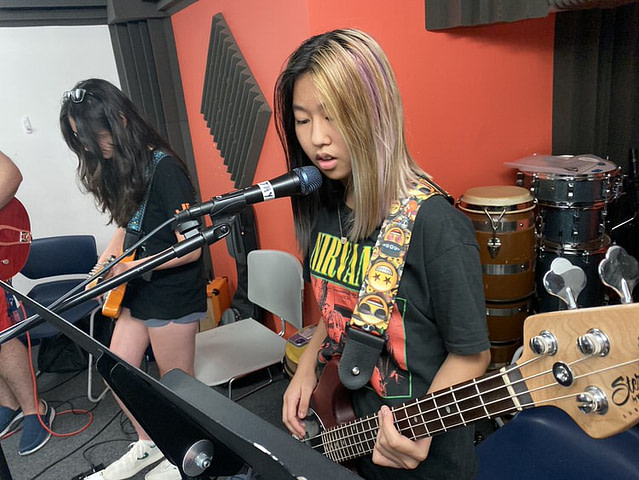
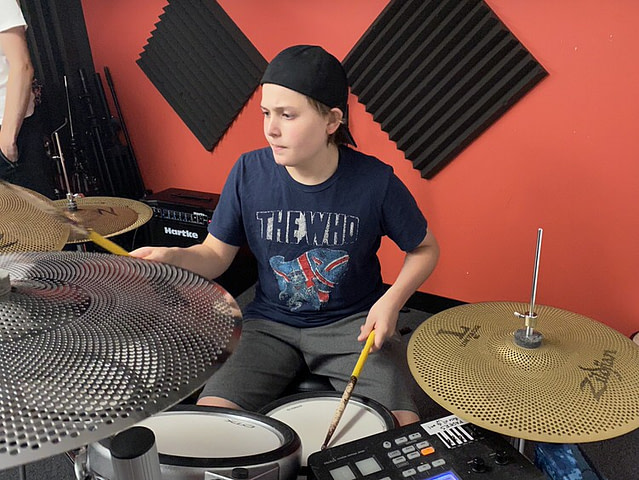
Feeling your feelings is important.
Ever noticed how your mood can do a complete 180 the moment you press play on that one song that just gets you? That’s because music has this magical ability to tap into our emotions like nothing else. Whether you’re feeling down about the day or super excited for something great, there’s a song out there that expresses how you’re feeling. Using these songs to help process your emotions and not feel alone in your moods can help you feel better about your situation. So next time you’re feeling stressed or anxious, crank up the volume and let the music work its magic.

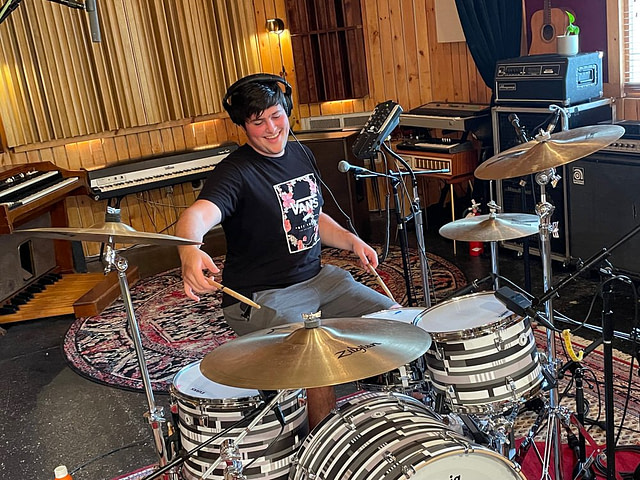
Release the emotions and welcome new ones.
But it’s not just about passively listening – getting in on the action by playing an instrument or belting out your favorite lyrics can take the feel-good vibes to a whole new level. Seriously, have you ever noticed how playing that guitar riff or singing along with your favorite artists makes you feel like you’re on top of the world? That’s because making music releases a flood of happy hormones like dopamine and serotonin, giving your mood an instant lift. Your passion for playing and singing is a great way to connect with your emotions.


Regulate your nervous system.
And let’s not forget about the power of music therapy. Music therapy is used to help one process trauma, memories and more while also calming and regulating one’s nervous system. While music therapy is available in different hospitals and clinics, you can still feel the effects of music as therapy from your own home. Whether you’re strumming away your worries or belting out your frustrations, making music can lift your spirit and ease your mind when you’re feeling overwhelmed. Its rhythms and lyrics have a way of soothing our emotions and helping us feel better, almost like a mental health boost in the form of a song.

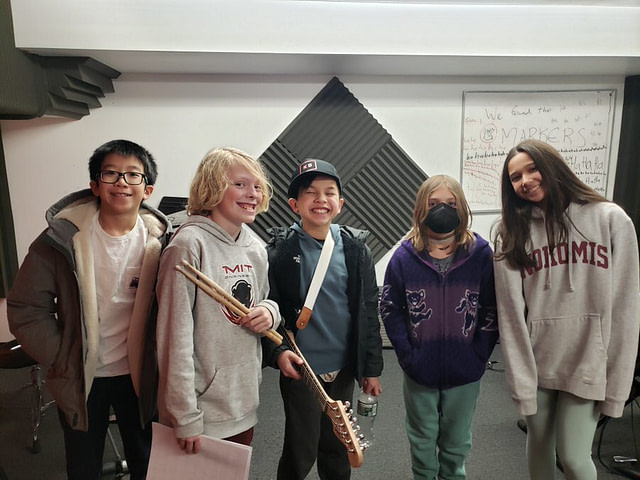
Feel connected knowing you're not alone.
Music is also a way to connect with friends and other like minded people. And when we are connected with others, we also feel a sense of belonging and understanding. Connection and friendship is a great way to stay mentally healthy and strong. Learning music, playing music and experiencing music with friends builds a friendship that can last a lifetime.
What’s the takeaway from all this? Well, it’s clear that music is a big deal for mental health—it’s like a friend you can always count on. It lifts you up when you’re down, helps you chill out when you’re stressed, and just makes life feel better overall. Whether it’s singing in the shower or jamming out to your favorite playlist, music has this awesome way of making you feel understood and giving you a boost when you need it most. So, keep listening to music that makes you feel good, keep singing and playing songs that make you feel understood, and embrace the power of music to level out everything that comes your way.

